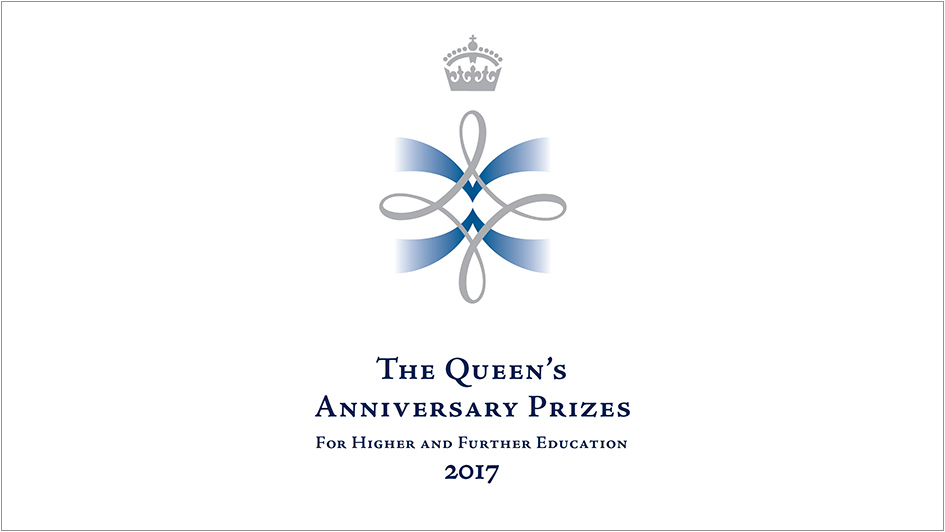
The Institute of Cancer Research, London, has been recognised with a highly prestigious Queen’s Anniversary Prize for its world-leading research in cancer drug discovery.
The Queen’s Anniversary Prize acknowledges The Institute of Cancer Research (ICR) for its outstanding contribution to the discovery of new cancer drugs – including pioneering the transition from one-size-fits-all chemotherapy to targeted drug treatment.
The ICR is the most successful higher education institution in the country at earning invention income from its science. This money can then be ploughed back into the ICR’s research to make further discoveries to benefit people with cancer.
Since 2005 the ICR has discovered 20 new targeted cancer drugs and taken nine into clinical trials.
Innovative cancer drugs
Abiraterone, the innovative drug for advanced prostate cancer, discovered at the ICR, was approved for use on the NHS in 2012 and has extended the lives of hundreds of thousands of men around the world.
The ICR’s science also underpinned the development of olaparib for women with ovarian cancer with BRCA mutations – firstly through the discovery of the BRCA2 gene, and subsequently by showing that BRCA-mutant tumours were particularly susceptible to the new treatment.
Olaparib works by stopping DNA repair in BRCA-mutant cancer cells, causing these cells to die. The drug was approved for advanced ovarian cancer in Europe and the US in 2014 – the first cancer drug to be approved for use against an inherited genetic mutation.
The ICR’s Cancer Research UK Cancer Therapeutics Unit is central to its drug discovery work, while its partnership with The Royal Marsden NHS Foundation Trust enables rapid transfer of research discoveries to patients.
Success in drug discovery at the ICR has been underpinned by a dedication to bringing expertise together from many academic research areas and forming large multidisciplinary teams.
This ‘Team Science’ approach means cell and molecular biologists, structural biologists, pharmacologists, medicinal chemists, computational scientists and others come together to work on a potential cancer drug.
Research at the ICR is underpinned by generous contributions from our supporters. Find out more about how you can contribute to our mission to make the discoveries to defeat cancer.
The UK's highest honour
The Queen's Anniversary Prizes for Higher and Further Education is an award scheme within the UK honours system. The awards are considered to be the UK’s highest honour, within the honours system, and are given to an organisation, rather an individual. It is the most prestigious form of national recognition open to a UK academic or vocational institution.
The awards are given out every two years in the name, and with the endorsement, of The Queen in recognition of work by universities and colleges judged to be outstanding with respect to excellence, innovation and tangible beneficial effects in the wider world.
The honour is distinctive in being granted to the whole institution, irrespective of the area of work being recognised and rather than to an individual or department.
The prizes will be officially presented by a member of the royal family in a ceremony at Buckingham Palace on February 2018.
Incredible achievements
Professor Paul Workman, Chief Executive of the ICR, said:
“It’s a huge honour to be awarded a Queen’s Anniversary Prize. It recognises the incredible achievements we’ve made which have only been possible because of the expertise and hard work of so many people across the ICR, and the generous support of our funders, donors and collaborators.
“Cancer affects so many people’s lives and we’re committed to doing research that is not only scientifically excellent but also that delivers with a strong sense of urgency real benefit for patients and their families.
“The ICR is the most successful academic centre in the world at discovering new cancer drugs. We’re particularly proud of the way we translate our exciting basic research findings very rapidly into the discovery of pioneering new targeted treatments for cancer, many of which are more effective and have fewer side-effects than traditional chemotherapy.
“We work closely with industry to develop our treatments for patients, and are the most successful higher education institution in the UK at generating invention income from our research.”
Sir Damon Buffini, Chairman of the Royal Anniversary Trust, said:
“The focus of the Prizes on innovation and practical benefit to people and society is a great incentive to our universities and colleges to think critically about the direction of their work and its application and relevance in today’s world.
“The national recognition and prestige conferred by the Prizes also enables individual institutions to win support and leverage funding for their future plans.”
Find out more about the ICR’s achievements in discovering new cancer drugs.